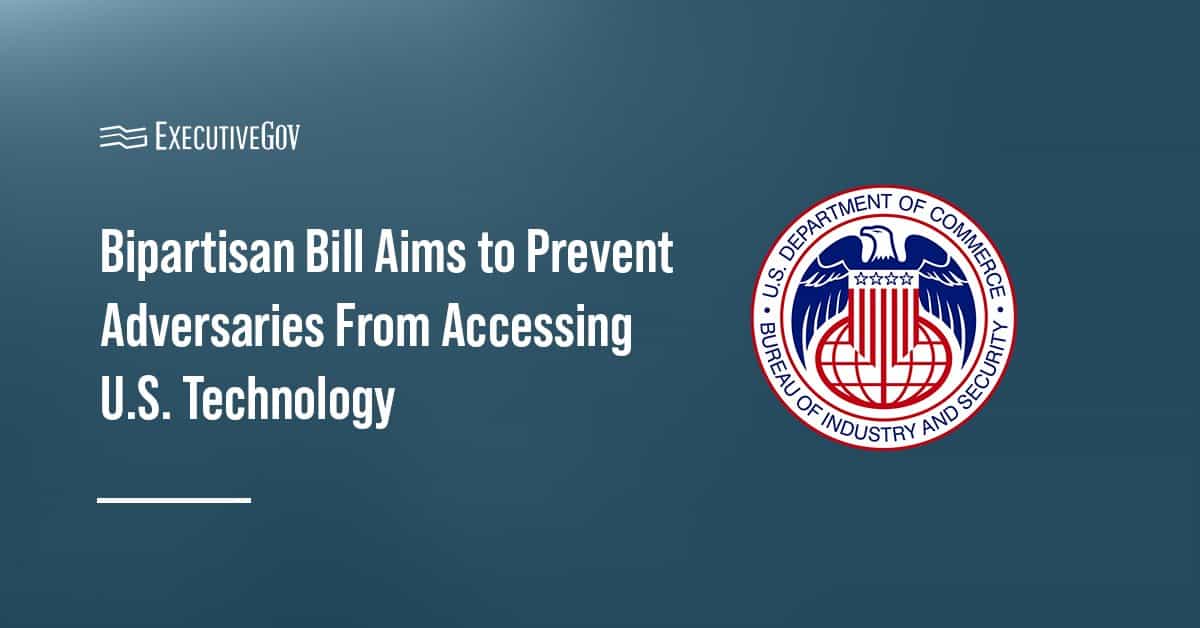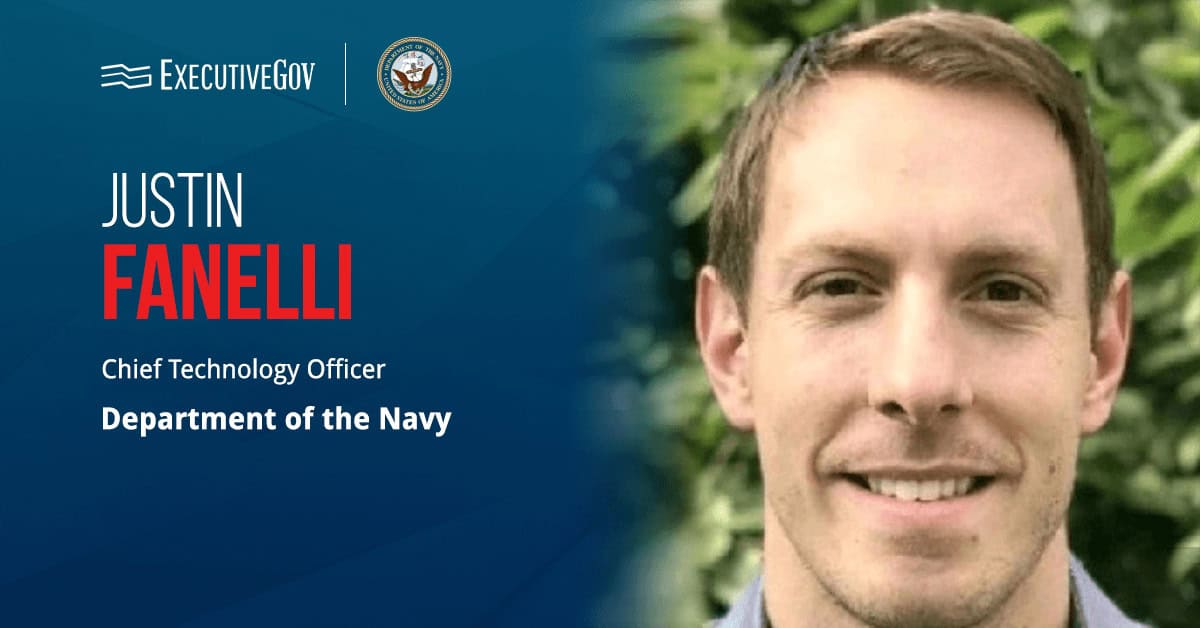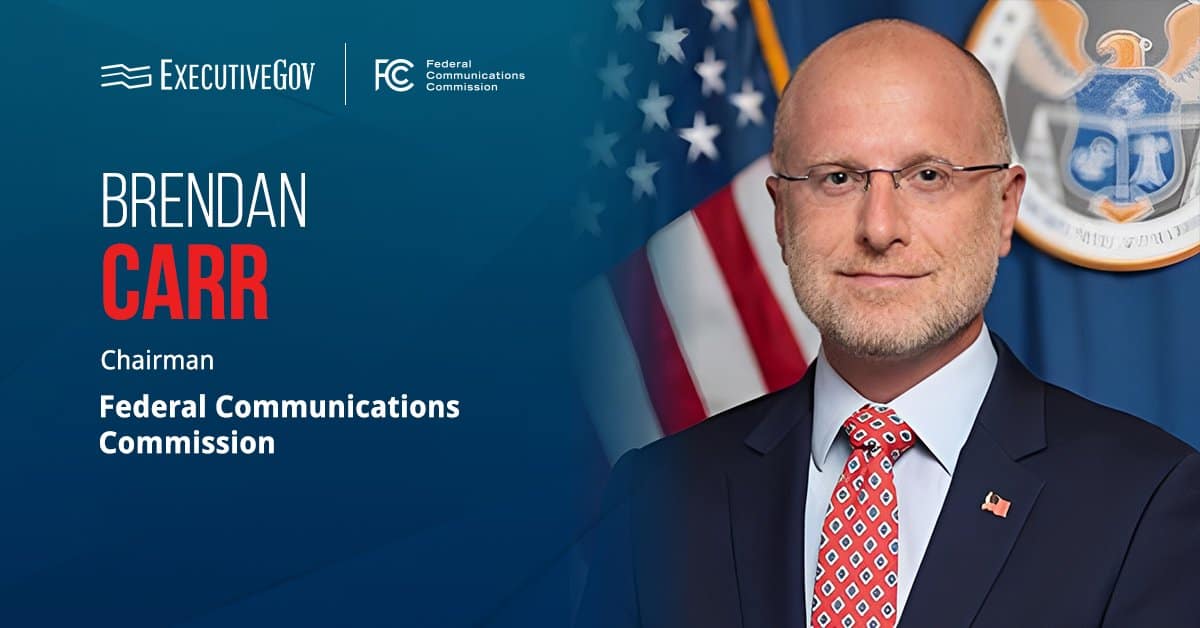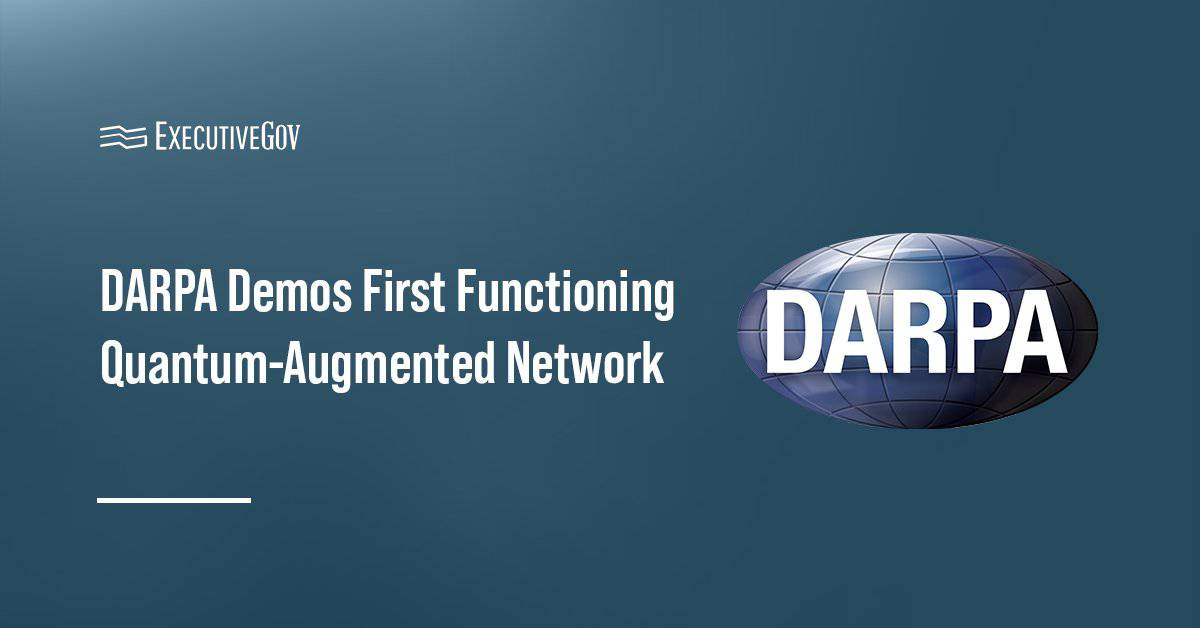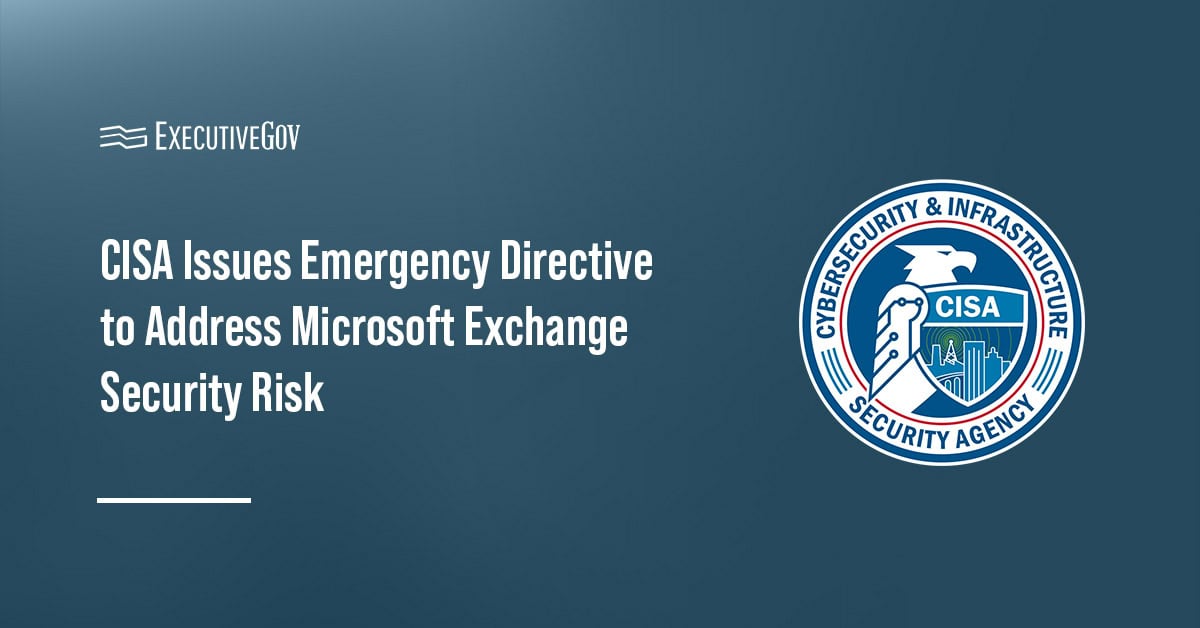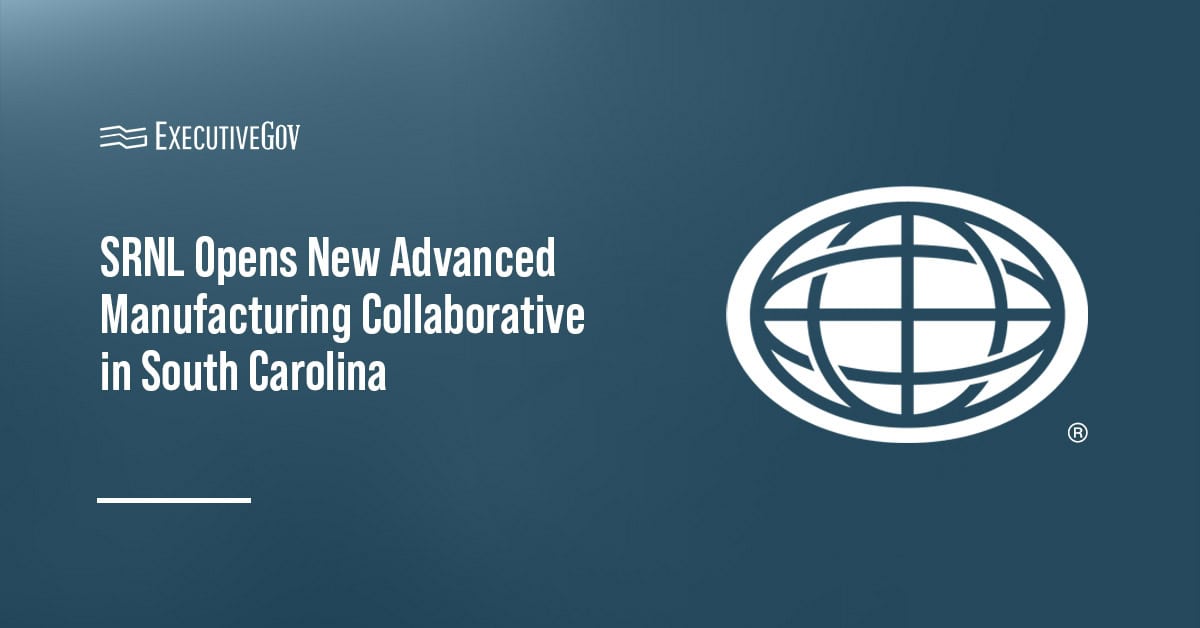The U.S. Army’s Program Executive Office Enterprise and Contracting Command – Rock Island have awarded Computable Insights with an enterprise license agreement, or ELA, which seeks to improve Army efficiency by centralizing all Salesforce software license and support orders. The PEO Enterprise plans to announce more ELA contract awards in the following months, the Army said Friday.
Table of Contents
PEO Enterprise ELA Details
Through the Salesforce ELA, which was awarded on July 31, Army customers can quickly and cost-effectively get Salesforce licenses at pre-negotiated rates that leverage the Army’s purchasing power and economies of scale. The licenses will eventually be offered through PEO Enterprise’s digital marketplace, which is currently being created. The new ELA is the first to go through a full management cycle, including a detailed tracking of every license.
The Accessions Information Environment, or AIE, which is one of PEO Enterprise’s programs, is expected to benefit from the ELA, since it uses Salesforce’s Government Cloud to improve how the Army recruits, signs up and manages soldiers.
Army Contract Terms
Last month, Computable Insights, a subsidiary of Salesforce, secured a $99.6 million fixed-firm price contract to provide Salesforce software licenses under an ELA. The work will be conducted at Fort Belvoir, Virginia, and will be performed through June 26, 2030. The contracting activity is the Army Contracting Command. At the time of the award, $9 million was obligated. Only one bid was received.
PEO Enterprise’s Andi Fehl, Bill Hepworth Share Thoughts
Commenting on the contract, ELA Program Manager Andi Fehl said it was the first one that was negotiated from scratch since PEO Enterprise took over the ELA program from the Office of the Chief Information Officer last year.
“We’re working with the OCIO to look across the board at where we can consolidate contracts to realize cost avoidance,” Fehl remarked.
PEO Enterprise Program Executive Officer Bill Hepworth called the ELA a “huge breakthrough.”
“The Digital Market team will monitor and track the licenses to make sure we have absolute maximum efficiency in the way we buy software, which frees up more manpower to go do the actual building and construction at a faster clip, serving the commands and soldiers,” Hepworth said.



